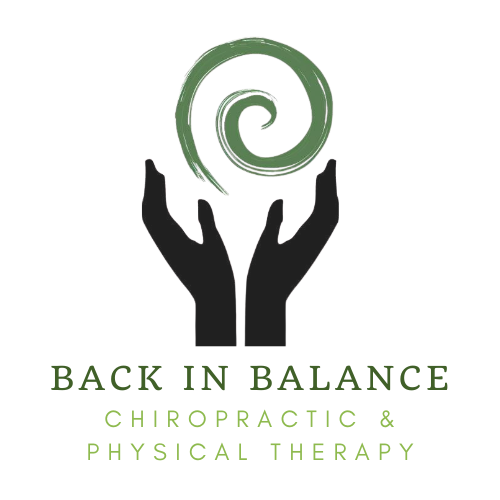TMJ Tips: Effective Strategies for Relief and Management
Temporomandibular Joint (TMJ) disorder can cause significant discomfort and interfere with daily activities. This complex condition affects the jaw joint and surrounding muscles, leading to pain, restricted movement, and other symptoms. Fortunately, there are several practical strategies you can implement to alleviate TMJ pain and improve your quality of life. Here are some essential TMJ tips:
Eat Soft Foods
One of the simplest yet most effective ways to reduce TMJ pain is to modify your diet. Eating soft foods minimizes the strain on your jaw muscles and joints. Opt for options like soups, smoothies, mashed potatoes, yogurt, and scrambled eggs. Avoid hard, crunchy, or chewy foods that require excessive jaw movement and can exacerbate your symptoms.
Avoid Chewing Gum
Chewing gum might seem like a harmless habit, but it can be detrimental to those suffering from TMJ disorder. The repetitive motion of chewing gum puts unnecessary stress on your jaw muscles and joints, potentially worsening your pain. Instead, find other ways to freshen your breath, such as mints or mouthwash.
Stretch and Massage Your Jaw Muscles
Incorporating gentle stretches and massages into your daily routine can provide significant relief for TMJ pain. Simple exercises like opening and closing your mouth slowly, moving your jaw from side to side, and massaging the muscles around your jaw can help alleviate tension and improve mobility. Be sure to perform these exercises gently to avoid causing further discomfort.
Apply a Warm Compress
Applying a warm compress to the affected area can help relax the jaw muscles and reduce pain. The heat increases blood flow to the area, promoting relaxation and healing. Use a warm, damp cloth or a heating pad for about 15-20 minutes several times a day for the best results.
Get a TMJ Chiropractic Adjustment
Chiropractic care can be highly beneficial for those suffering from TMJ disorder. A skilled chiropractor can perform specific adjustments to realign the jaw and alleviate pressure on the TMJ. These adjustments can improve jaw function, reduce pain, and enhance overall well-being. At Back in Balance, we are dedicated to providing personalized care to address your unique needs.
Ensure Quality Sleep
Good sleep is essential for overall health and can significantly impact TMJ symptoms. Poor sleep can lead to increased stress and muscle tension, exacerbating TMJ pain. Establish a consistent sleep routine, create a relaxing bedtime environment, and practice good sleep hygiene to improve the quality of your sleep. Consider using a supportive pillow to maintain proper alignment of your head and neck during sleep.
Managing TMJ disorder requires a comprehensive approach that includes dietary adjustments, gentle exercises, and professional care. By implementing these tips, you can alleviate pain, improve jaw function, and enhance your overall quality of life. If you’re experiencing persistent TMJ pain, consider consulting with us at Back in Balance for a tailored treatment plan. Your journey to relief and wellness begins with taking proactive steps towards better jaw health!



